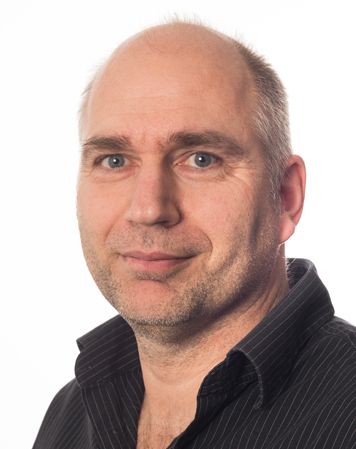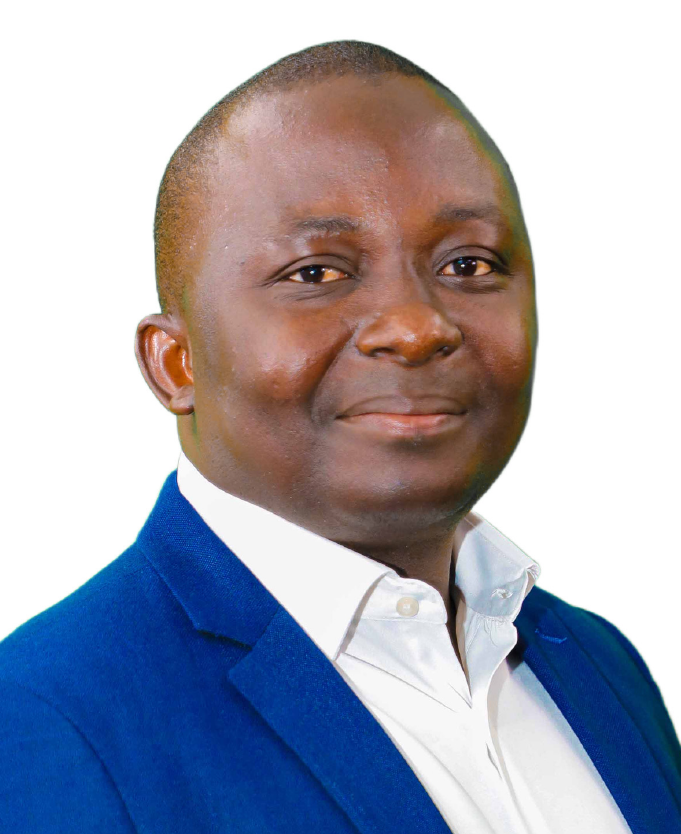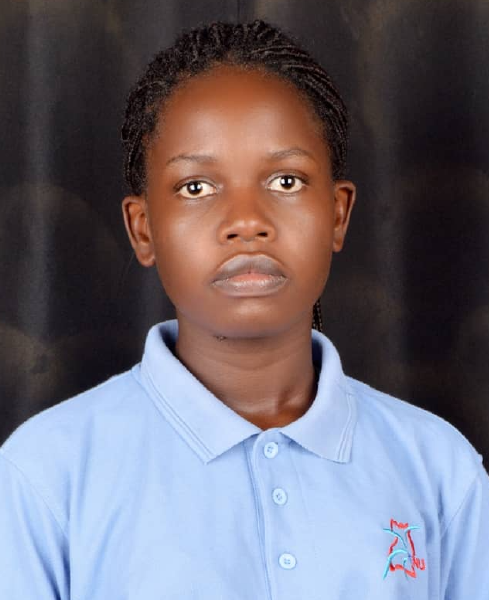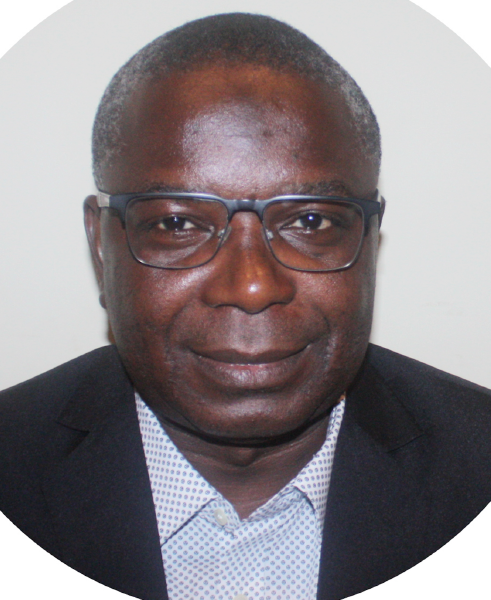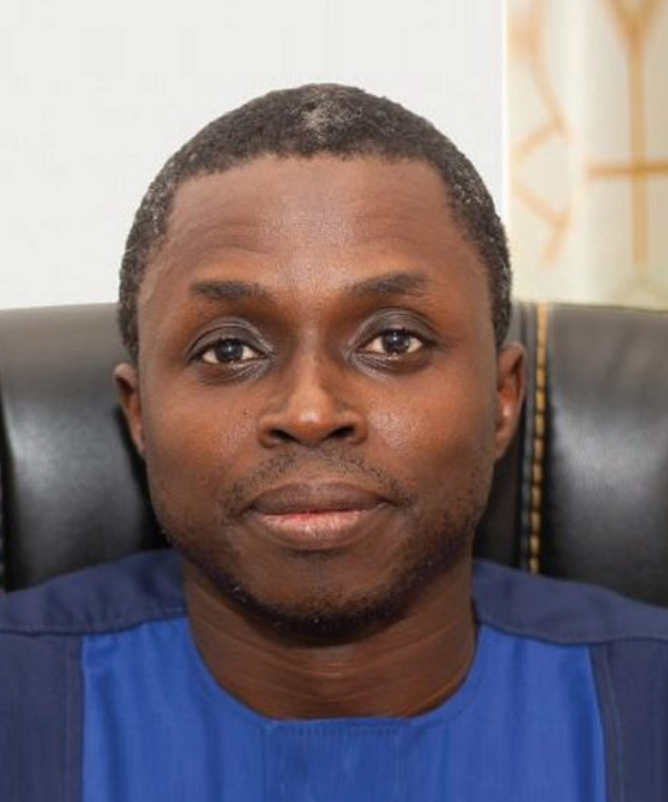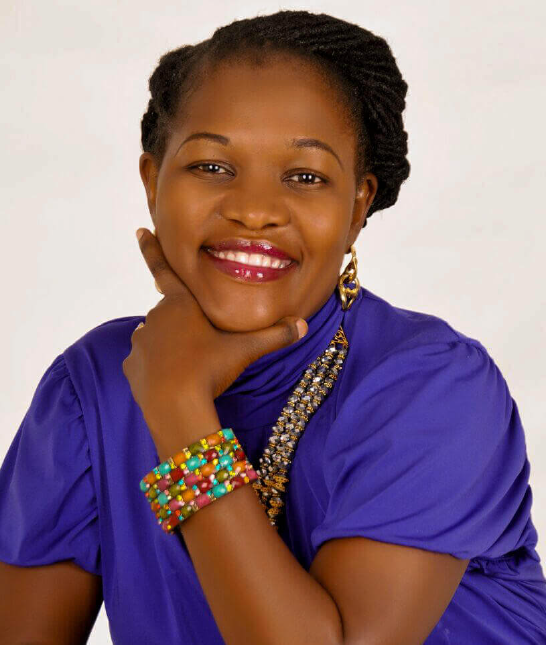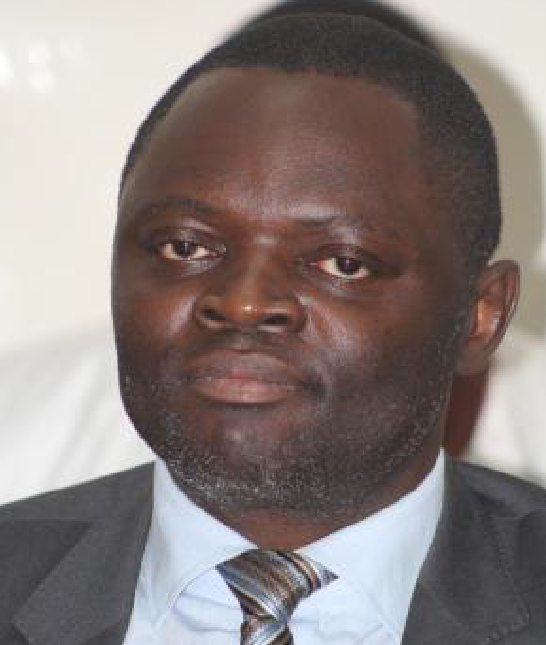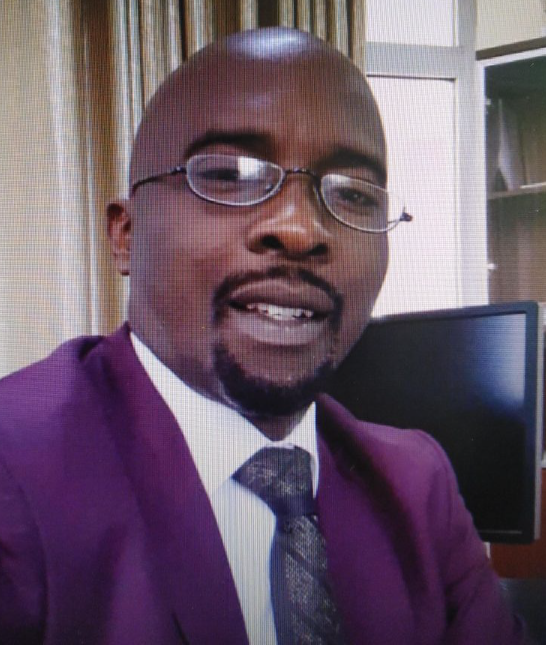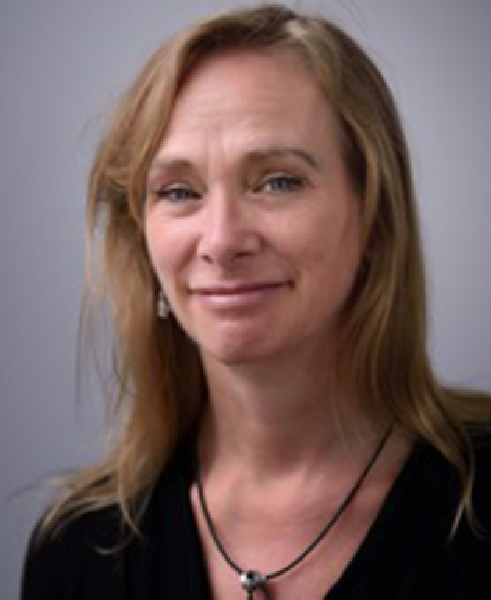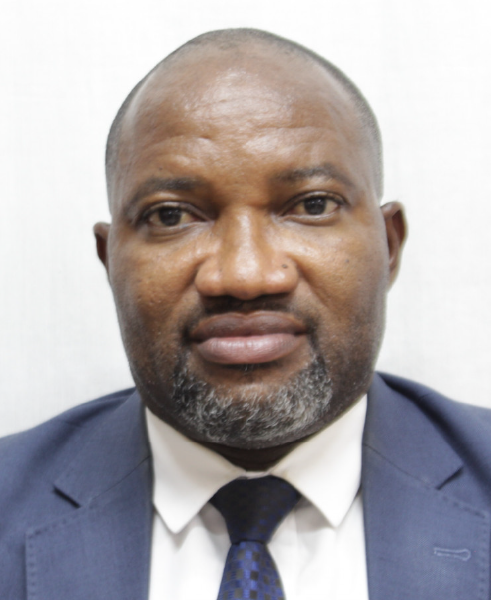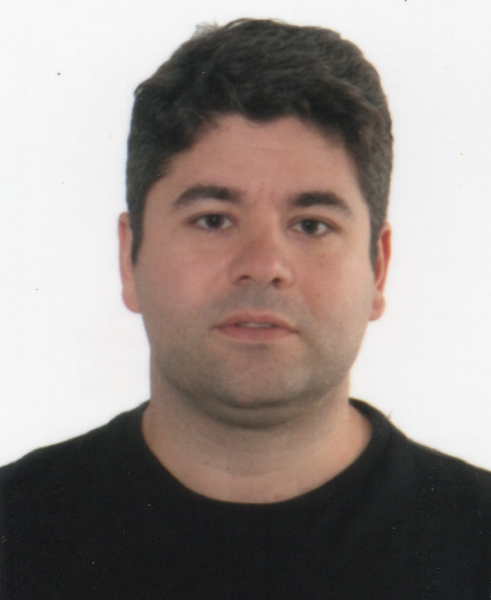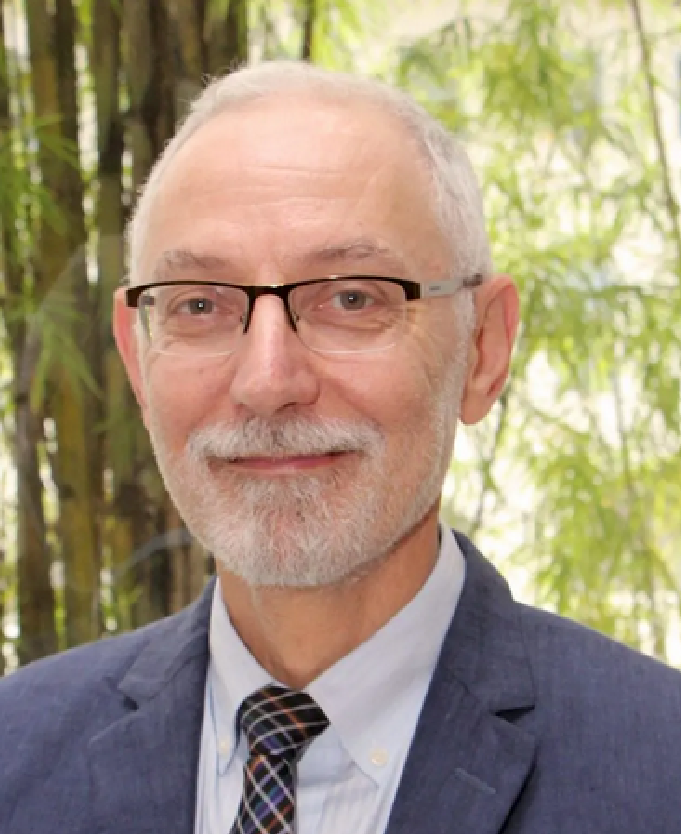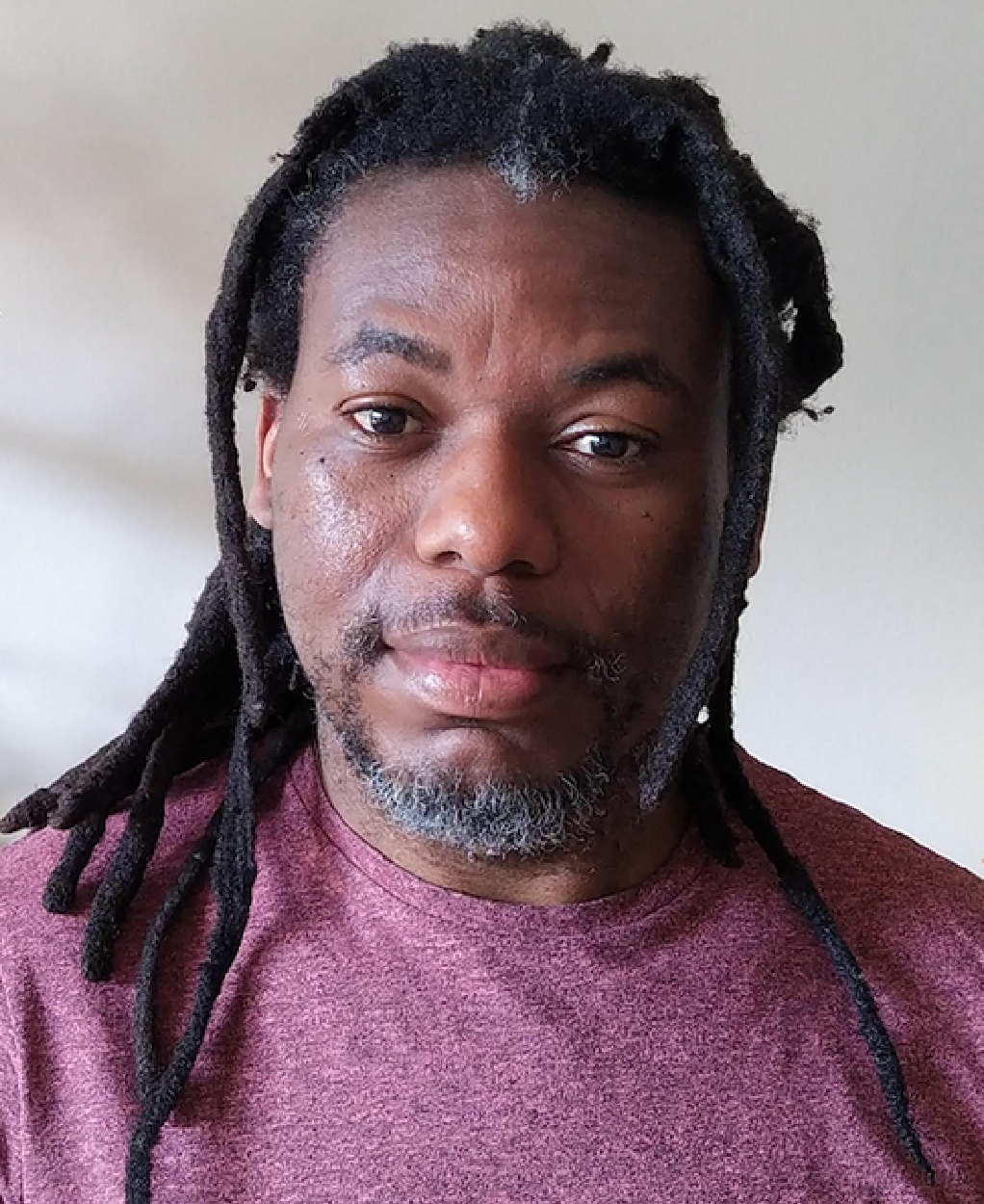Count down
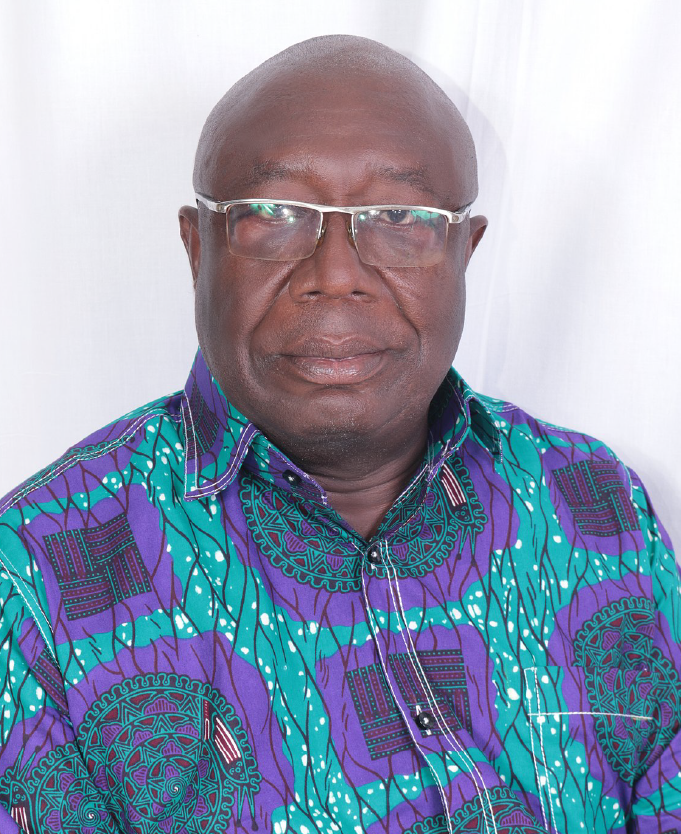
Honorable Dr. Kwaku Afriyie is the Minister for Environment, Science, Technology and Innovation (MESTI) and also a Member of Parliament of the Republic of Ghana. He is a Medical Doctor by profession and a farmer. He previously served as Minister of the Ministries of Health, Lands and Natural Resources, Western Regional Minister, and Minister of State Interests and Governance Authority (SIGA).
He holds a Master of Public Health from Tulane University, New Orleans, an MB CBH from the University of Ghana Medical School, and a Fellow of the Ghana College of Physicians and Surgeons.
Under his leadership, Ghana has seen phenomenal attempts to modernize and commercialize scientific research and innovation through the special purpose vehicle - Ghana Innovation & Research Commercialization Center (GIRC-Center). GRIC-Center the new partnership between Government, Public Research Institutions, Academia and the Private Sector.
Under his watch, MESTI declared a Decade of innovation for Ghana - with the goal to anchor the growth of Ghana’s economy on the strategic application of Science, Technology & Innovation, and to transform the ethos of the nation into “Ghana, a Nation of Innovation”.
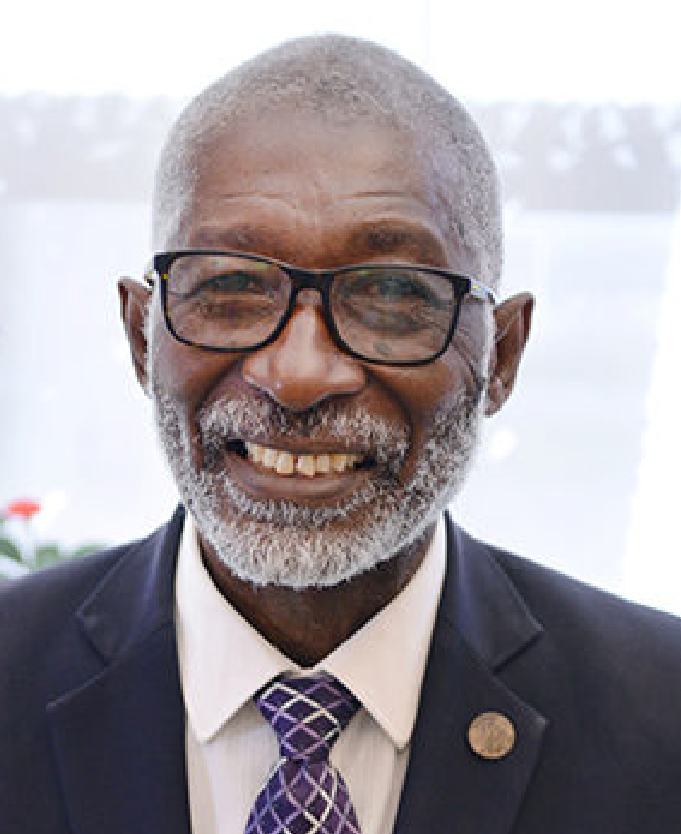
Prof. Nii Quaynor is a globally renowned Ghanaian scientist and engineer who pioneered Internet development, connections and expansion throughout Africa for nearly two decades, earning the accolade - ‘The Father of Internet in Africa’.
He helped set up key organizations, including the African Network Operators Group. He also was the founding chairman of AfriNIC, the African Internet numbers registry. He was the first African to be elected to the board of the Internet Corporation for Assigned Names and Numbers (ICANN) and served as an at-large director of ICANN for the African region from 2000 to 2003. He is the immediate past Board Chair for WACREN.
He earned a PhD in Computer Science in 1977, from the State University of New York at Stony Brook. Prof. Quaynor was a member of the United Nations Secretary General Advisory Group on ICT, Chair of the OAU Internet Task Force and President of the Internet Society of Ghana.
In 2007, the Internet Society awarded him the Jonathan B. Postel Service Award for his pioneering work in advancing the Internet in Africa. He was inducted into the Internet Hall of Fame in 2013.
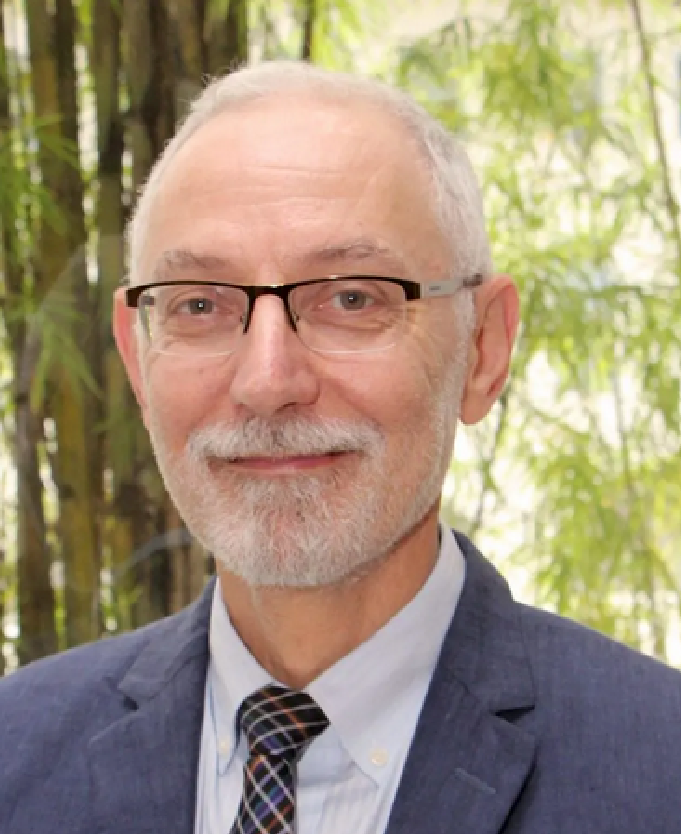
Dr Glinos (Kostas) is an independent expert in Science, Technology and Innovation policy. He has worked at the European Commission for 30 years, where he held management positions in the areas of Open Science, international R&D cooperation, research infrastructures and e-infrastructures, cyber-physical systems, future and emerging technologies and big research data.
He has also developed and managed R&D funding programmes in several research domains. In 2017-2018 he was a Fellow at the Lee Kuan Yew School of Public Policy at the National University of Singapore.
Before joining the Commission Kostas worked in the chemical industry in the USA and Belgium, lectured at the University and carried out research. He holds a PhD in engineering from the University of Massachusetts and an Advanced Professional Certificate in investment management from Drexel University.
Klaas Wierenga invented eduroam, which provides free, secure, international wi-fi roaming service to academic and research communities when they travel to participating institutions all over the world. Available in over 100 countries on every continent, eduroam has helped increase collaborative initiatives among universities and schools.
Wierenga started eduroam in 2002 while at SURFnet, the Netherlands’ National Research and Education Network (NREN), where he also built the first generation of federated identity systems.
Following a successful pilot, eduroam was adopted by GÉANT, the pan-European research and education network, as an international roaming service for academics and researchers.
Built on the most secure encryption and authentication standards in existence today, eduroam has empowered institutions to provide global access without globally-centralized identity management.
Wierenga, who currently serves as chief community support officer at GÉANT, is the co-author of Building the Mobile Internet (Cisco Press, 2011) and Wireless Networking in the Developing World (2013), as well as three Requests for Comment (RFCs). He also holds five U.S. patents.
Owen Iyoha is the CEO of the Eko-Konnect Research and Education Initiative where he has worked since inception in 2009. He oversees infrastructure development, capacity building and advocacy with the goal of developing all aspects of the research and education network and its community in Nigeria.
Owen has over 25 years of ICT experience. He has worked in the UK, US and Nigeria with companies including Server Enterprise UK Limited, OpenLink Software Inc. and Datasphir Solutions Limited providing pre-sales support and consultancy for major corporate organisation on solutions that included Middleware, SAP, Business Intelligence, Data Warehousing and mail and collaboration.
He is a strong supporter of Open source software, Open Science, Open Access and other open paradigms necessary to support growth and impact of technology and scholarly output in Nigeria. Owen holds a Joint Honors Degree in Chemistry & Biochemistry from the University of Salford, United Kingdom.
Dr Mamadou Bakouan is the Director of the Information System of the Virtual University of Côte d'Ivoire (UVCI). He holds a Doctorate in Computer Science with a specialty in Software Engineering and Artificial Intelligence.
He is a member of the Research and Digital Expertise Unit (UREN) at UVCI. His research activities focus on the development of educational chatbots: this research activity involves designing and developing chatbots that can help learners understand and master key concepts in their curriculum.
From 2012 to 2016, he was in charge of managing web services for the RITER Datacenter at the Félix Houphouët-Boigny University in Cocody. The RITER Datacenter represents the data management center for universities and research centers in Côte d'Ivoire.
He was the winner of the Orange Prize for Social Entrepreneurship in Africa in 2013.
Brenda Namuli is a systems and software engineer who has been working for the Research and Education Network for Uganda (RENU) since 2020.
She has been the technical lead for RENU's wireless expansion project since 2022, which aims to deploy eduroam to more R&E institutions. Brenda has been instrumental in the development and deployment of various eduroam-related solutions, including Metro eduroam, Managed IdP, eduroam On The Go, and Homelinks eduroam.
Brenda's ambition is to continue developing her skills and expertise in the field of software engineering while contributing to RENU's long-term sustainability. She aims to create high-quality, secure software solutions that meet the needs of RENU's members while also having a positive impact on the research and education community as a whole.
Lombe Tembo Shuma is a Grant Program Officer/Engagement Lead at ORCID, an international non-profit organization that provides unique identifiers for researchers and scholars to connect their research activities across systems. She holds a Master's Degree in Development Studies and a Bachelor's Degree in Economics.
Prior to her role at ORCID, Lombe worked as a consultant for the World Bank, where she was involved in projects related to governance, economic development, and poverty reduction. She also served as a Program Manager for Restless Development, a youth-led development agency that empowers young people to make positive changes in their communities.
In addition to her professional work, Lombe Tembo Shuma volunteers for the Atlas Corps as part of their Selection Board to help identify and select talented professionals from around the world for fellowship programs. Through her career and volunteer work, Lombe Tembo Shuma has demonstrated a commitment to research, promoting social and economic development, youth empowerment, and international cooperation.
Dr. Diedhiou is the Research Director at Institute of Research for Development (IRD), University of Grenoble –Alpes (France). Currently working on the variability of high impact weather events over Africa. Between 2003 and 2007, he contributed to the coordination and to the implementation AMMA International Program (African Monsoon Multidisciplinary Analyses) as member of the International Executive Committee and contribution to the involvement of African scientists, Regional Centres and National Meteorological and Hydrological Services in this international program (co-chair of AMMANET Network).
From 2007 to 2012, Dr Diedhiou was the Head of RIPIECSA program of the French Ministry of Foreign Affairs and International Development) to fund research projects on climate-environment-society interactions in West and Central Africa.
Since 2013 (to 2016) he was Co-Investigator (France) of the International Project RHYVA on Hydro-meteorological Risks in African Cities and since 2015, co-Investigator of AMMA-2050 project (a UK/NERC-DFID joint initiative on “Future Climate for Africa”). Member of WASCAL Scientific Committee (Initiative of the German Government in West Africa on Climate services and Land Use), Member of Independent Science Panel of CGIAR Research Program CCAFS (Climate Change Agriculture and Food Security), Member of ICSU-WDS Scientific Committee and of GEO Programme Board.
Dr. Kabo-bah is an Associate Professor and Acting Dean for the International Relations Office of the University of Energy and Natural Resources (UENR). Formerly, he was the Head of the Department of Civil and Environmental Engineering, Department for Energy and Environmental Engineering and the Earth Observation Research and Innovation Centre in the same University. At UENR, he is the Coordinator of the Constellation Observing System for Meteorology, Ionosphere, and Climate (COSMIC-2) Programme and Advanced Fire Information System (AFIS) for West Africa; and the Ghana Carbon Programme.
He is a Programme Board Member for the Group on Earth Observation (GEO); an intergovernmental organization working to improve the availability, access and use of Earth observations for the benefit of society. Under GEO programme, he is a Scientific Committee for GEO AquaWatch Programme and Co-Chair for developing the strategic direction and implementation schedule for the GEO Land Degradation Neutrality (LDN). This initiative will assist countries, regions and others interested in addressing land degradation with monitoring and reporting necessary to implement and achieve SDG 15, “Life on Land”. He is also a Scientific Steering Committee Member for the Global Climate Observing System (GCOS) of the World Meteorological Organisation (WMO).
He has published over 60 articles in several journals, is an Editorial Member for Oriental Journal of Chemistry (OJC), Editor for Information Technology and Engineering Section – Scientific African Journal, and an Associate Editor for the Journal of Energy and Natural Resource Management (JENRM). Dr. Kabo-bah obtained his bachelor education in Civil Engineering at Kwame Nkrumah University of Science and Technology (KNUST), Kumasi, Ghana and MSc Environmental Hydrology at the University of Twente in the Netherlands. In 2013, he obtained his PhD Hydrology and Water Resources at Hohai University in Nanjing, China, and later for his Post-doctoral research on Climate Change Impacts on Hydropower Generation in Ghana at the University of Ibadan, Nigeria.
Dr. Sansa-Otim is a resourceful and productive researcher who has been part of the ICT sector for over 20 years. During this period, she has led several research and consultancy initiatives in this field. She is currently a Senior Lecturer at Makerere University College of Computing and Information Sciences and leads the WIMEA lab where Internet of Things research is conducted. She served as Head of Department in the Networks department of the same college 2010 – 2017.
Her research team has won research grants from a number of Development agencies resulting in capacity building for a number of partner institutions. In these research efforts she works with colleagues and students from Uganda, Kenya, Tanzania, South Sudan, Rwanda, South Africa, Norway, Sweden and the United Kingdom. She has undertaken multidisciplinary studies with colleagues from the Health, Meteorology, Agriculture, Engineering and Entomology disciplines.
Julianne obtained her PhD in communication networks from the University of Groningen in the Netherlands, a Master of Science (MSc) degree in Computer Science and Bachelor of Science (BSc) in Computer Science and Mathematics from Makerere University in Uganda. She received certification training as a network professional from the University of Central England. In addition, she served as an external examiner for the University of Rwanda. She is an avid researcher and has published extensively in reputable journals locally and internationally with over 30 peer-reviewed publications. She has also supervised over 20 graduate students.
She served on the UbuntuNet Alliance Board of Trustees as Vice Chairperson from 2019 to 2022 and also serves on RENU’s Board of Directors from 2018 to date.
Dr. Andre KAMGA FOAMOUHOUE is Director General of the African Centre of Meteorological Applications for Development.
He is an expert in Predictability of Weather and Climate and has a long standing track record providing operational, research, management and leadership knowledge on meteorology. He is well known in the meteorological community for his key role in the demonstration phase leading to the designation in 2015 of ACMAD as a full-fledged multifunctional WMO Regional Climate Centre (RCC) for all Africa; the first WMO designated RCC in Africa.
He has worked at the NOAA/NCEP Climate Prediction Center, the UK Met Office Hadley Centre for Regional Climate Modeling and the WMO as Scientific Officer (short term) at the Climate Prediction and Adaptation Branch of the Climate and Water Department.
He also worked at the European Centre for Medium Range Weather Forecast as the EU-funded African Monsoon Multidisciplinary Analysis (AMMA) project Work Package Leader dealing with Forecast Demonstrations and Operational Forecasting Support for the Special Observing Period (SOP) of AMMA during the 2006 summer monsoon.
He was co-chair of the WMO’s World Weather Research Programme /THORPEX Africa Regional Committee and spearheaded the development by a task force of the THORPEX Africa science and implementation plans.
He is also a member of the American Meteorological Society as well as the WMO International Coordination Team for the Climate Service Information System of the Global Framework for Climate Services (GFCS).
Prof. Ogunjobi is the Research Director at the Competence Centre in Burkina Faso.
He is a Meteorologist, Environmental and Climate scientist. He obtained his master’s degree in Atmospheric Physics from the University of Nigeria, Nsukka. He further obtained a PhD Degree in Environmental Science and Engineering in May 2004 from the Gwangju Institute of Science and Technology, South Korea.
He became a Professor in October 2012 at the Federal University of Technology, Akure. Professor Ogunjobi has vast experience in Air Quality and Aerosols Meteorology and has contributed immensely to the development of the University, not only in terms of teaching, but also supervised research works of more than 75 undergraduate and postgraduate students including three completed PhD works.
He has served as acting and substantive Head of Department of Meteorology and Climate Science and was the Director of WASCAL’s Doctoral Research Programme in West African Climate Systems at FUTA (DRP-WACS, FUTA), Nigeria. He has served as external examiner for both undergraduate and postgraduate programmes in many Nigerian Universities including Obafemi Awolowo University, Federal University of Technology, Minna, and Federal University of Agriculture, Abeokuta. Professor Ogunjobi is a Fellow of the International Centre for Theoretical Physics, Trieste, Italy, and Fellow of the Alexander von Humboldt Foundation, Germany.
He has published more than Sixty (60) Journal articles and Proceedings in both local and international Journals. His publications are of high quality as evident by the high number of publications in International Journals. He has equally shown leadership in his research works, being lead author in more than 50% of his Journal articles. He also made significant contributions to the scientific critical mass of Atmospheric Radiation and Aerosol science.
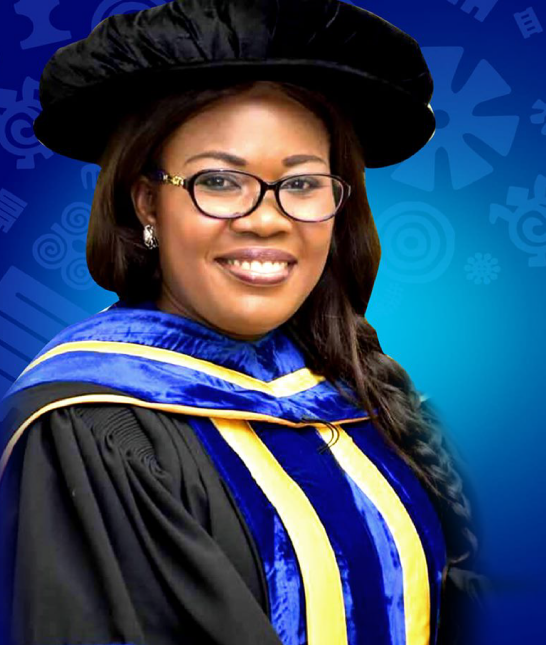
Professor Goski Alabi is an accomplished academic, practitioner and entrepreneur with experience in academia, consultancy, and regulations. She is a Professor of Quality Management and Leadership and holds B.Sc. in Chemistry and a Diploma in Education from the University of Cape Coast, an M. Phil. in Food Science from the University of Ghana, Legon, a Doctor of Business Administration from the Swiss Management Centre, and a Ph.D. in Business Administration from Central University of Nicaragua.
Goski is currently the Dean of the Centre for International Education and Collaboration at the University for Professional Studies, Accra and served as the Founding Dean of the School of Graduate Studies at the University. As the Founding Dean she grew the School from zero to 1000 students in six short years.
She is a Quality Management professional of the highest order. She is a Chartered Quality Professional (CQP) from the Chartered Quality Institute, UK. She has consulted widely, and has published over 70 scholarly journal articles, books, conferences and technical papers. Prof. Goski Alabi proposed and facilitated the establishment of the Otumfuo Centre for Traditional Leadership and the Drolor Centre for Strategic Leadership, two leadership centres of excellence in Ghana.
Prof. Goski is passionate about open supported teaching and learning and is the co-founder of Laweh Open University College.
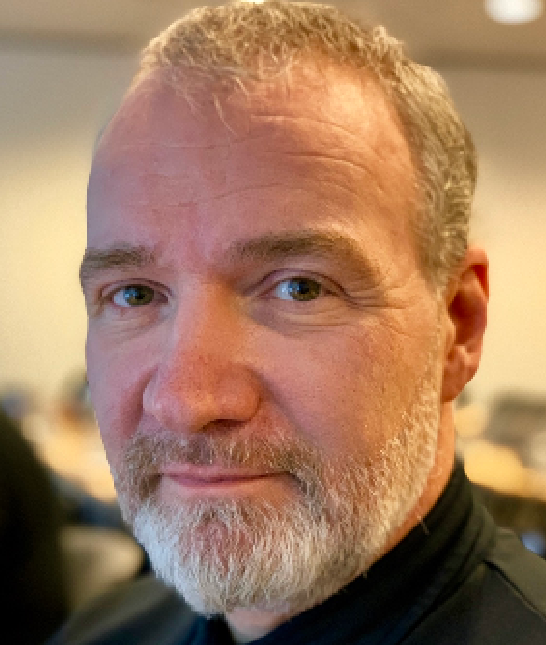
Erik Kikkenborg is the NORDUnet Chief Collaboration Officer. Erik’s primary focus in this role is to promote and facilitate all aspects of education and collaboration within the R&E community, focusing on emerging NRENs and countries.
In his previous role as Media Services Manager, Erik worked with management, organisation and distribution of cloud-based hosted video services. He has been active in Audio Visual and communications technology for more than 20 years, starting as a technician and project coordinator and moving on to manager and video consultant for several media and audio-visual companies.
Throughout the years, Erik has advised many companies and international Research and Education institutions on how best to apply video communications, learning platforms & technology, online video and live streaming.
Erik’s work on a collaboration with Nordic and International Research and Education institutions in the area of online learning platforms for learning and collaboration date back to 2011, where he started working on European and global projects under the GÉANT Event Team, GÉANT (eduCONF), Terena (NRENum), Global CEO Forum (GVA), (GRTC), Asi@Connect (fDLuDCF), (BeLISAC), Africa Digital Campus and Up2University (Up2U).
Another dedicated part of Erik’s activities has counted the role of Technical Project Coordinator of a vast number of NORDUnet, DeiC, SUNET, NeIC, GÉANT, and the former Terena conferences around the Nordics and Europe.
On top of his technical training, Erik holds a Global Board Leadership Masterclass and a Crisis Leadership and Human Behavior Masterclass.

Simon Taylor is the Vice Dean, International and Professor at Brunel International University. He is a Reader and leads the Modelling & Simulation Group in the Department of Computer Science. He is a founder and Editor-in-Chief of the Journal of Simulation and founded and chairs the COTS Simulation Package Interoperability Standards Group under the Simulation Interoperability Standards Organization (SISO). He chaired ACM SIGSIM between 2005-2008 and is a member of the ACM SIGSIM Steering Committee.
He is the series editor of the OR Essential Series published by Palgrave-Macmillan. He co-founded the UK ORS Simulation Workshop Series and is a member of the Steering Committee. According to Microsoft Academic, Dr Taylor is a top 100 scientist in Computer Science/Simulation (top 5 UK).
His work has led to major cost savings in industry. He reviews regularly for international conferences and journals. He is the Modeling Methodology Track Chair of the 2014 IEEE/ACM Winter Simulation Conference and Chair of the 2015 ACM Principles of Advanced Discrete Simulation. Recently he was keynote speaker at the 2014 SCS SpringSim conference and the 2014 UK ORS Conference.
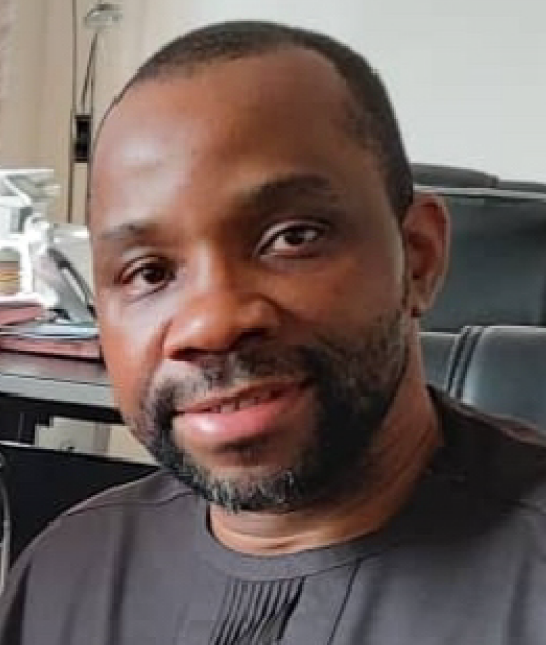
Omo Oaiya is the Chief Strategy Officer of the West and Central Research and Education Network (WACREN). Before this, he was the pioneer CTO of WACREN and CEO of a private-sector consultancy offering software development and project management support to research and academic institutions in Nigeria and other parts of Africa.
He coordinates the LIBSENSE initiative, a collaboration of the regional African RENs (ASREN, Ubuntunet Alliance & WACREN) to build capacity in their NREN communities to strengthen local and national services to support open science and research in Africa. A certified SIM3 Auditor, he has a keen interest in establishing and maturing cyber security teams (CSIRTs) in NRENs.
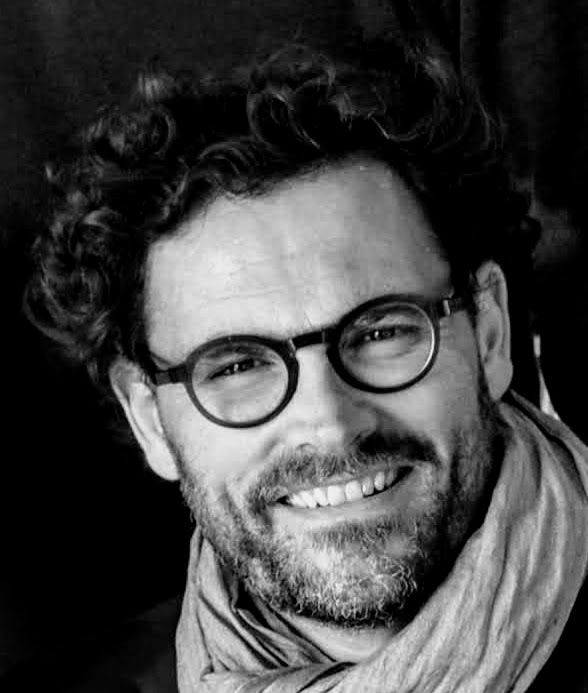
Damien is a graduate of Telecom ParisTech, one of the top five engineering schools in France. His career led him to work for the European Agency Eurocontrol in Brussels where he managed a number of complex international IT projects. Today Damien is the head of an IT department at IRD aiming to reduce the digital divide and to support IRD's scientific missions, especially in the fields of health, food security, environment and society.
Damien has participated in NREN-related projects such as the development of NREN roadmaps in Benin (2010), Cameroon (2011), Madagascar (2013), Ivory Coast (2016), and coordinated European projects in collaboration with WACREN (H2020 TANDEM 2015-2017, AFRICA DIGITAL CAMPUS 2022-2024).
Kathleen Shearer has been the Executive Director of COAR since 2013. She has worked in open access, open science, scholarly communications, and research data management for over 15 years.
Kathleen Shearer has been the Executive Director of COAR since 2013. She has worked in open access, open science, scholarly communications, and research data management for over 15 years. She is based in Montreal, Canada and participates in numerous other organizations to advance open science worldwide. She is the author of numerous publications and delivered many presentations at international events. Most recently, she was the lead author of the paper Fostering Bibliodiversity in Scholarly Communications: A Call for Action (April 2020)
and presented the keynote speech at the Open Repositories Conference in June 2020.
Shearer is also a Research Associate with the Canadian Association of Research Libraries (CARL) and has been instrumental in many of CARL’s activities related to open science, including the launch of the Portage Initiative in Canada, a national research data management network.
Mr. Cephas Adjei Mensah is a Senior Civil Servant with over eighteen years (18) experience in the Civil Service of the Republic of Ghana. He is presently the Director in charge of Research, Statistics and Information Management at the Ministry of Environment, Science, Technology and Innovation, Ghana and Focal Person for the Science Granting Council Initiative (SGCI). He was previously the Deputy Director, Science, Technology & Innovation (STI).
He is a Commonwealth Scholar and a PhD Candidate at the Ghana Institute of Management and Public Administration (GIMPA), Ghana. He holds a bachelor’s degree in Biochemistry (Bsc. (Hons) and Master of Philosophy in Biochemistry (M.Phil) from the University of Ghana, Legon; a Master of Public Administration (MPA) and Post-Graduate Certificate in Business Administration (PG. Cert. Buss., Admn.) from the Open University, Milton Keynes, United Kingdom; Post-Graduate Diploma and Post-Graduate Certificate in Public Administration from the Ghana Institute of Management and Public Administration
He has served on various national Boards/Councils in higher education, institutional committees, sectoral working groups and teams among others. He is an outstanding and hard-working officer and was awarded the Civil Service Excellence Award for outstanding performance – integrity category in 2019.
Lautaro Executive and Technical Director, LA Referencia, Spain. He studied Computer Science at the University of Buenos Aires. Since 2002 he has been a member of the Center for Studies on Science, Development and Higher Education (Centro REDES). He was part of the technical team of the Ibero-American Network of Science and Technology Indicators (RICYT).
Between 2005 and 2011, he worked at the Argentine Center for Scientific and Technological Information (CAICYT-CONICET), oversaw the implementation and coordination of the SciELO Argentina project and later the development of software for the area of patents and strategic intelligence.
Between 2009 and 2019 he was part of the technical team of the Ibero-American Observatory of Science, Technology and Society (CAEU/OEI), acting as Coordinator/Developer portal Intelligo, an open explorer of open access repositories and collections of invention patents based on natural language processing and data mining techniques.
Dr Glinos (Kostas) is an independent expert in Science, Technology and Innovation policy. He has worked at the European Commission for 30 years, where he held management positions in the areas of Open Science, international R&D cooperation, research infrastructures and e-infrastructures, cyber-physical systems, future and emerging technologies and big research data. He has also developed and managed R&D funding programmes in several research domains. In 2017-2018 he was a Fellow at the Lee Kuan Yew School of Public Policy at the National University of Singapore.
Before joining the Commission Kostas worked in the chemical industry in the USA and Belgium, lectured at the University and carried out research. He holds a PhD in engineering from the University of Massachusetts and an Advanced Professional Certificate in investment management from Drexel University.
Godwyns is the Head of Communities in eLife Sciences Publication, a radical, decade-old journal driving change in science communication, with its vision of a more inclusive, diverse and equitable scholarly publication. Before becoming Head of Communities, Godwyns was the pioneering Community and Outreach Manager for Sciety, a new open preprint evaluation platform that seeks to give an avenue to, and amplify the global nature of science through providing a free infrastructure to enable sharing of evaluations on preprints. In that role, Godwyns oversaw the introduction of Sciety to potential users, building a user base for it and bringing new groups of researchers on board to display their open reviews and evaluation activities on the website.
An activist and a community engagement specialist with over 15 years of experience spanning the private, voluntary and public sectors, Godwyns has a passion for diversity of opinions, inclusion and participation.
Godwyns and his team continues to build upon the strong foundation of eLife community engagement within scholarly publishing community, towards increasing the voice of minoritised groups and supporting early career researchers to play a more prominent role in the future landscape of science publishing and communication.
Godwyns grew up in Nigeria, where he started his career in IT within the banking sector.

Research Scientist - Abdus Salam International Centre for Theoretical Physics, Italy
Marco Zennaro received the M.Sc. degree in electronic engineering from the University of Trieste, Italy, and the Ph.D. degree from the KTH-Royal Institute of Technology, Stockholm, Sweden. He is currently a Research Scientist with the Abdus Salam International Centre for Theoretical Physics, Trieste, Italy, where he coordinates the Science, Technology and Innovation Unit. He is a Visiting Professor with KIC-Kobe Institute of Computing, Japan. His research interests include ICT4D, the use of ICT for development, and in particular he investigates the use of the IoT in developing countries. He has given lectures on wireless technologies in more than 30 countries. He co-authored the book Wireless Networking in the Developing World (http://www.wndw.net). The book has been translated into six languages (French, Spanish, Portuguese, Arabic, Indonesian, Burmese) and has been downloaded more than 3 million times. Marco is an IEEE Senior Member and an ACM Senior Member.
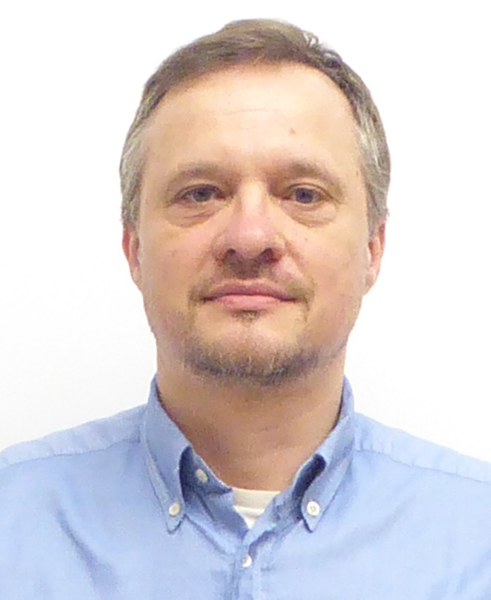
Rytis Paškauskas received his Ph.D degree in physics from Georgia Institute of Technology. He has worked as a researcher at ELETTRA Sincrotrone Trieste, CNR Pisa, CNRS Lyon, National Institute for Theoretical Physics (NiTheP). He is currently a researcher with the Abdus Salam International Centre for Theoretical Physics, where he works on edge machine learning focusing on audio applications.

